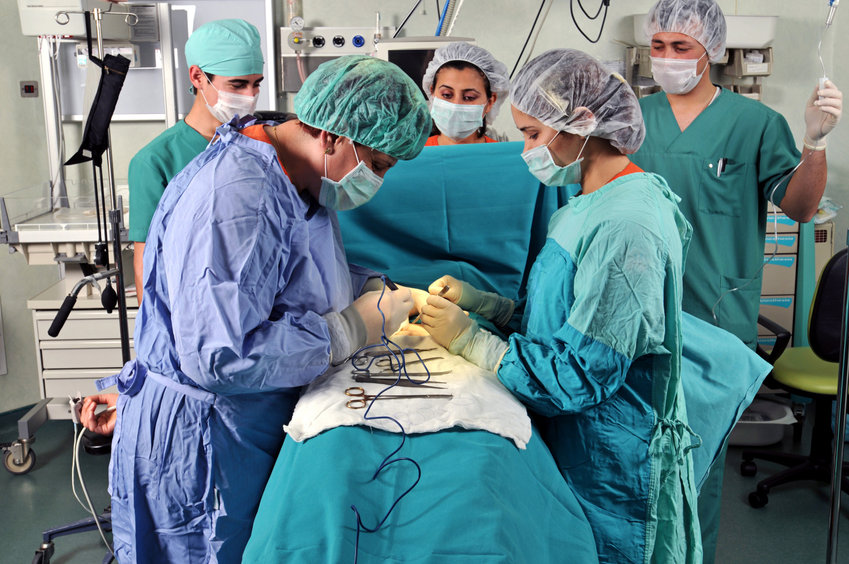
An orthopedic surgeon is a doctor who specializes in the care of bones, joints and muscles. Orthopedics is a surgical specialty that deals with conditions involving those parts of your body. The field has been growing exponentially as more people are concerned about their health and want to take responsibility for it. As more people focus on wellness, there will be an increasing demand for orthopedic surgeons because these specialists help patients recover from injuries related to sports, work or accidents – such as broken bones, torn ligaments or injured cartilage. In this blog post we will explore what orthopedic surgeons do pre-, during- and post surgery so you have a better understanding of what they do!
Pre-Surgery
As with any surgery, there are risks associated with it. The nature of the operation and the type of anesthesia used will affect how likely you are to experience certain side effects – but can be largely predicted by your surgeon based on his/her knowledge and expertise in that field. For instance, if you have arthritis or diabetes then they may discuss additional risks and precautions with you.
You can reduce the risk of an adverse event by talking to your surgeon about what they expect will happen during surgery, as well as informing them of any medication allergies, drug sensitivities or medical conditions – such as heart disease or high blood pressure that you may have! You should also discuss supplements and vitamins that you take because they can have an effect on your surgery. Your surgeon will be able to advise you of what is necessary and may recommend certain changes in medication based on the type of surgery that needs to take place. You should also let them know about any substances that you drink or smoke because these too could affect the outcome of a procedure.
During Surgery
An orthopedic surgeon is the first person who will see you when you arrive for surgery. Next, you will meet your anesthesiologist who is responsible for making sure that you are safe on the operating table – and they may recommend something to help with nausea or itching. A nurse will be present throughout your procedure taking notes about any issues that may arise, as well as monitoring your pain levels. The doctor will also have an assistant, they are responsible for giving them all their orthopedic surgical instruments during the procedure.
Post Surgery
Your doctor will most likely give you specific instructions about what to do after surgery – for instance taking off bandages or splints can be quite painful so it is best if this is done with someone who knows how! Make sure that you tell the doctor of any issues that you have during recovery so that they can be treated quickly. Be sure to follow any instructions given by your surgeon and let them know if something is not going well, as this could lead to further complications.
